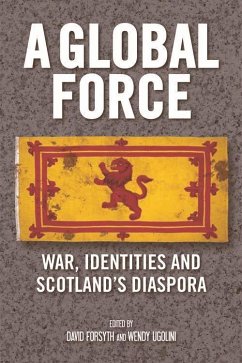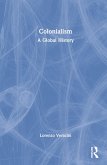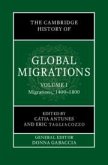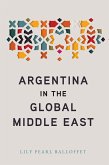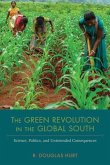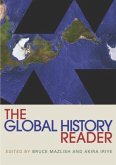A comparative study of Scotland's global military diaspora, focusing on the impact of the Great War Between the 1820s and 1914 over two million people emigrated from Scotland, settling primarily in North America, Australia, New Zealand and South Africa. One of the most distinctive ways in which the influence of the Scottish diaspora overseas expressed itself was the formation of military units which identified with Scotland. This volume provides a comparative overview of the nineteenth century emergence of military Scottishness and explores how the construction and performance of Scottish military identity has evolved in different Commonwealth countries over the late nineteenth and twentieth centuries. In particular, it looks at the ways in which Scottish volunteer regiments variously sought to draw upon, align themselves with or, at certain key moments, redefine the assertions of martial identity which Highland regiments represented. Wendy Ugolini is a lecturer in British History at the University of Edinburgh. She specialises in the role of war in identity formation and has published on ethnicities in Second World War Britain and diasporic military Scottishness. She is author of Experiencing War as the 'Enemy Other': Italian Scottish Experience in World War II (2011) and the co-editor of Fighting for Britain? Negotiating Identities in Britain During the Second World War (2015). David Forsyth is a Principal Curator in the Scottish History & Archaeology Department, at National Museums Scotland. Along with Wendy Ugolini he has acted as Principal Investigator on the Royal Society of Edinburgh/Scottish Government Research Workshop. In 2014 he co-curated the exhibition Common Cause: Commonwealth Scots and the Great War at the National Museum of Scotland, also co-authoring the book of the same name. Cover image: Scottish Royal Standard, headquarters flag of D Company, 23rd Battalion New Zealand Expeditionary Force, flown during the Battle of Crete, 1941. This unit recruited from Otago, a region of New Zealand settled by Scots. The standard had been preserved by partisans throughout the German occupation. (c) National Museums Scotland
Hinweis: Dieser Artikel kann nur an eine deutsche Lieferadresse ausgeliefert werden.
Hinweis: Dieser Artikel kann nur an eine deutsche Lieferadresse ausgeliefert werden.

